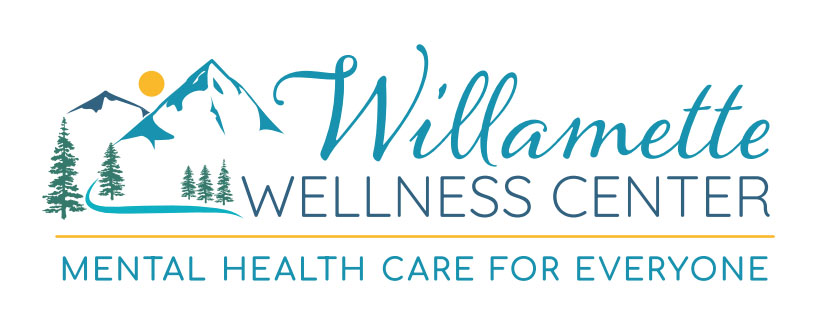Blog Post By Arin Wallington
The “Real” B-Word in Mental Health: Barriers

Moving Through The Mental Muck:
The benefits of mental health treatment are finally starting to be embraced. Celebrities sing its praises, and some would say it has become trendy. #therapyiscool #therapyworks #therapyhelps #therapyhelpsheal
Even with the progress the industry has made, there still can be barriers to seeking care; FINANCES, availability (in your schedule and your therapist’s), feeling comfortable with delivery (person vs. online sessions) and finding a therapist who understands your needs (BIPOC?, LGBTQIA2s+?, marriage crisis?, suicidal family member?) The list can feel endless. If you want and need help now, these issues can seem daunting.
There are also lesser talked about barriers that are often hidden deep within familial and social structures. Unfortunately, feedback we receive from those closest to us about mental health support and being vulnerable isn’t always positive. Common negative beliefs often tell us we should NOT be receiving treatment and intensify our justifications for not seeking help. Some things you might have learned about seeking therapy can include:
- You are weak or imperfect.
- Medication and therapy mean you are a failure.
- You should be able to handle everything (including your emotions) by yourself.
- Don’t talk about mental health issues. Everyone will know you are sick and broken.
- You are betraying your parents. Seeking therapy means your family didn’t raise you right; don’t bring shame onto them.
- Your problems aren’t that bad, save therapy for someone who really needs it.
- Your therapist doesn’t really care about you, you’re just a paycheck for them.
- Healing will change you; everyone in your life will leave and you will be alone.
- A therapist will confirm what they all thought – there is something wrong with you.
- Why would you share your deepest thoughts with a stranger instead of a friend?
- You will outgrow your loved ones.
- We don’t air our dirty laundry in public
- You will become too independent for the people who prefer you to depend on them.
- Your therapist will judge you and think you are crazy/disgusting/awful.
- Therapy might mean you are truly f**ked up.
- If you are truly f**ked up, it could take years to fix you, or you may never be fixed at all.
If you ever felt hesitant about therapy because of these types of thoughts the good news is you are truly, absolutely…not alone. Deeply held beliefs in families and communities keep many people rooted in fear and shame, preventing people from taking steps to heal – leaving them stuck in their pain.
Our counselors understand the reasons that prevent people from beginning or fully engaging in counseling. We are trained in trauma informed therapies, which means we are acutely aware of these complicated barriers to care and how they play out in our lives.
Feel free to share your (or a loved ones’) list of negative beliefs about therapy at your session. Sometimes counseling begins with talking about why you don’t want to be there! Discussing barriers to care, negative thoughts and feelings surrounding therapy and who might have given you these ideas, is an important first step.
It’s always ok to begin a session with:
- I’m not sure I want to do this.
- I have fears and concerns about therapy.
- I don’t think therapy will work for me.
- I am only here because my (spouse, child, parent) is making me.
- I’ve had a bad experience with therapy or a therapist before.
A caring, well-trained therapist will want to know ALL your fears and concerns before discussing anything else. Would you jump out of an airplane without checking the parachute? Hopefully, the answer is no. We feel the same way about the work we do. You should feel safe and understood in any counseling relationship, before opening yourself up to vulnerability. Please know, we are here for you and will always have a spare parachute if you need it.
Be well,


